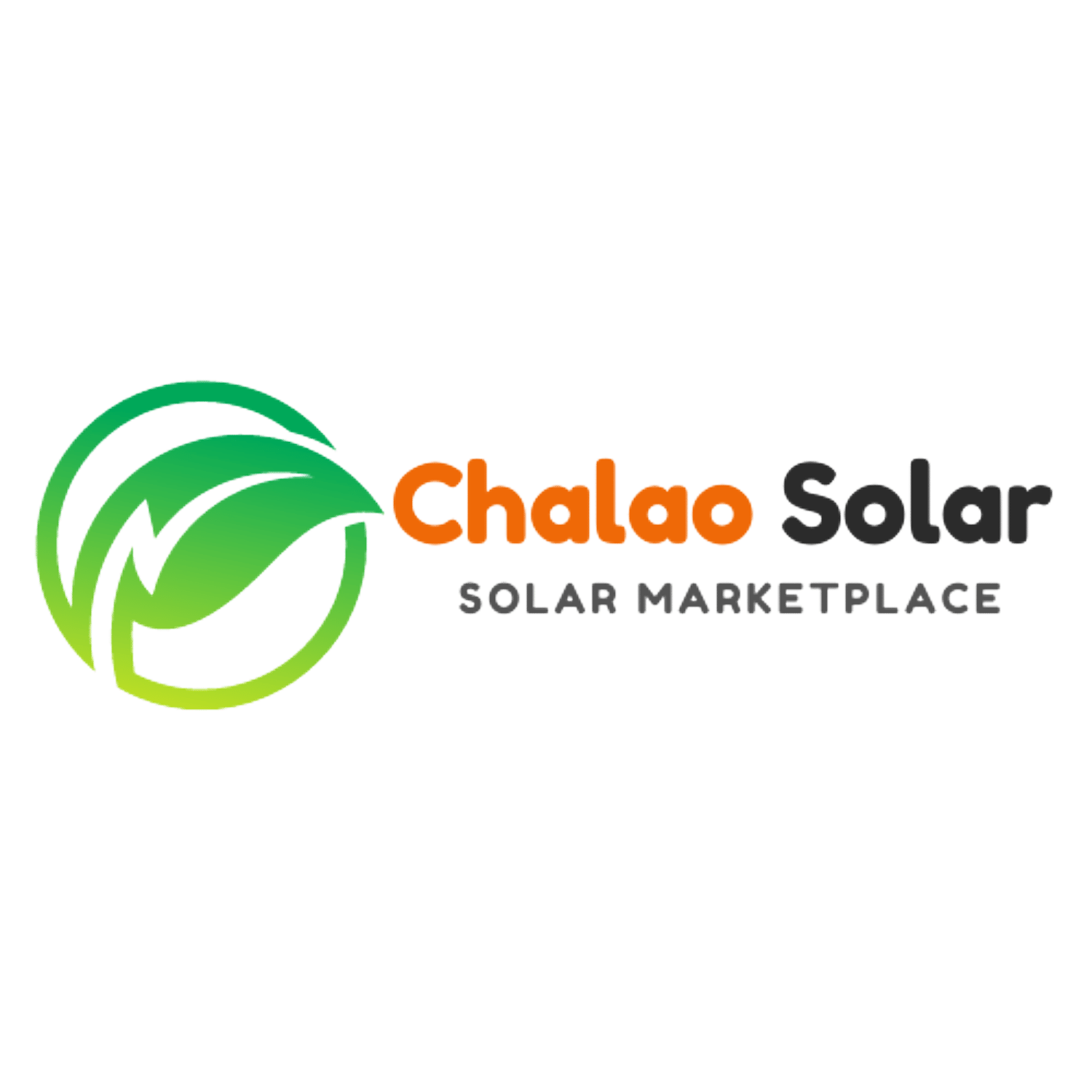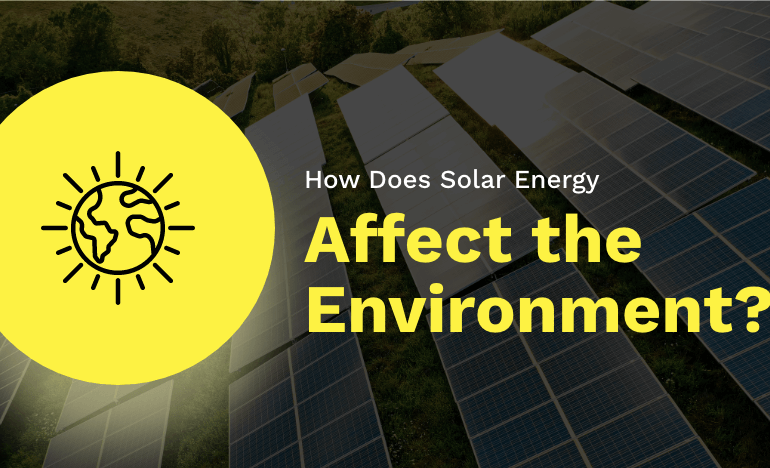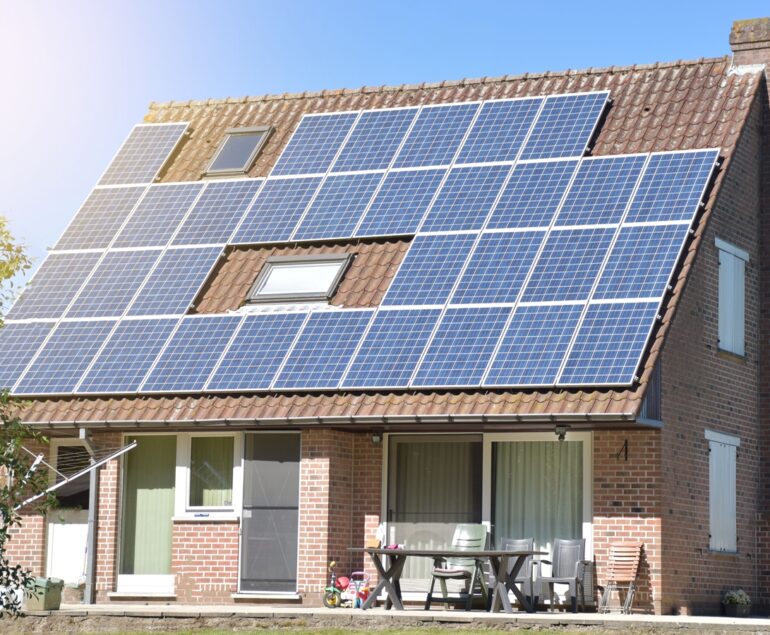Reasons To Choose Solar Energy
Solar energy is one of the most effective and cost-effective ways to generate power. Solar energy produces electricity that is easy on the wallet and doesn’t harm the environment. This technique of generating power contributes to a cleaner environment and pollution reduction.
The solar industry has seen tremendous technological advancement. As more individuals become aware of the advantages of going solar, they purchase solar panel systems.
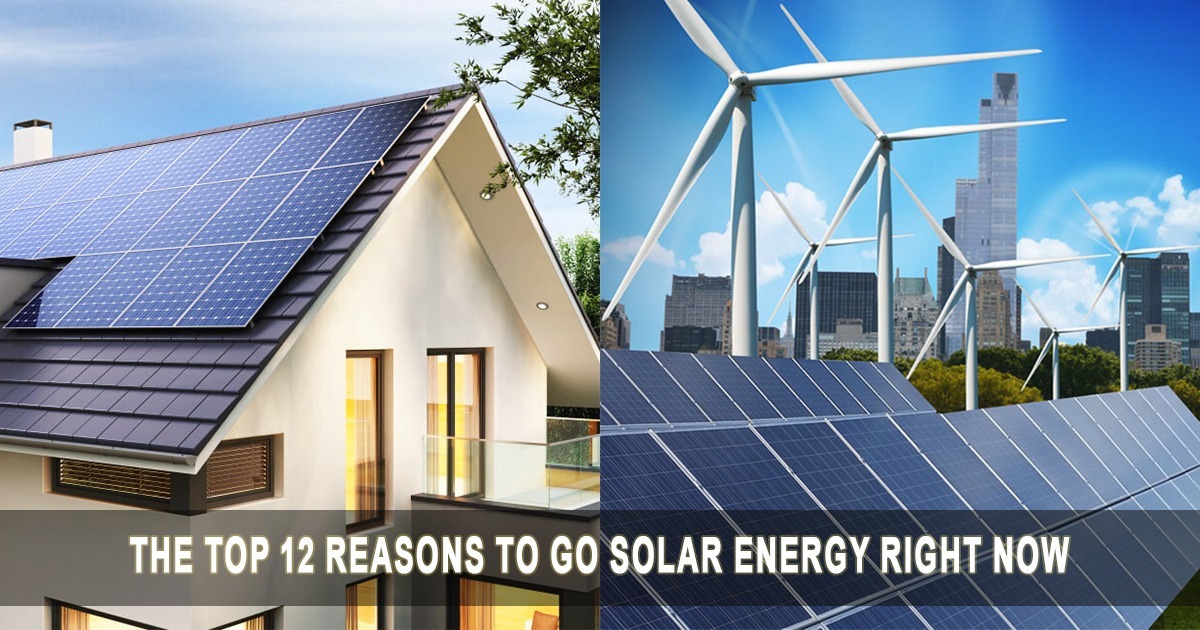
Speaking specifically about Pakistan, the government and the people are actively pursuing the goal of converting the nation to solar power and switching to renewable energy sources for electricity generation. Everyone may gain from solar energy, whether a home customer, a businessperson, or an industrialist. There is always something for everyone in a solar system, whether your motivation is financial or environmental.
We’re sharing the reasons to choose solar energy right now to help determine if a solar solution could benefit your business.
1. Environment-Friendly Renewable Energy
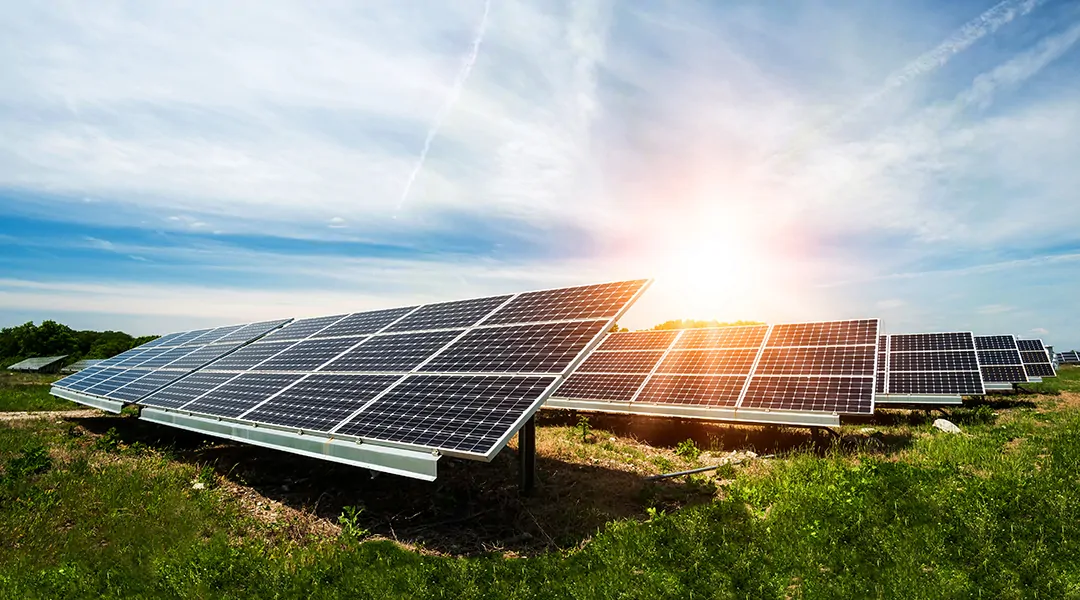
Solar energy has become the most affordable and popular renewable energy source and has gained much progress. Solar energy is excellent for the environment since it reduces dependency on fossil fuels, which cause most air pollution. As a result, it contributes to beneficial climate change and lessens global warming by reducing carbon footprints.
2. Using Free Resource To Generate Electricity
Is there an electrical supplier that does not charge fees? Even though solar energy may seem too good to be true, it does offer such a choice. A solar panel system can generate energy for free using the sun’s power.
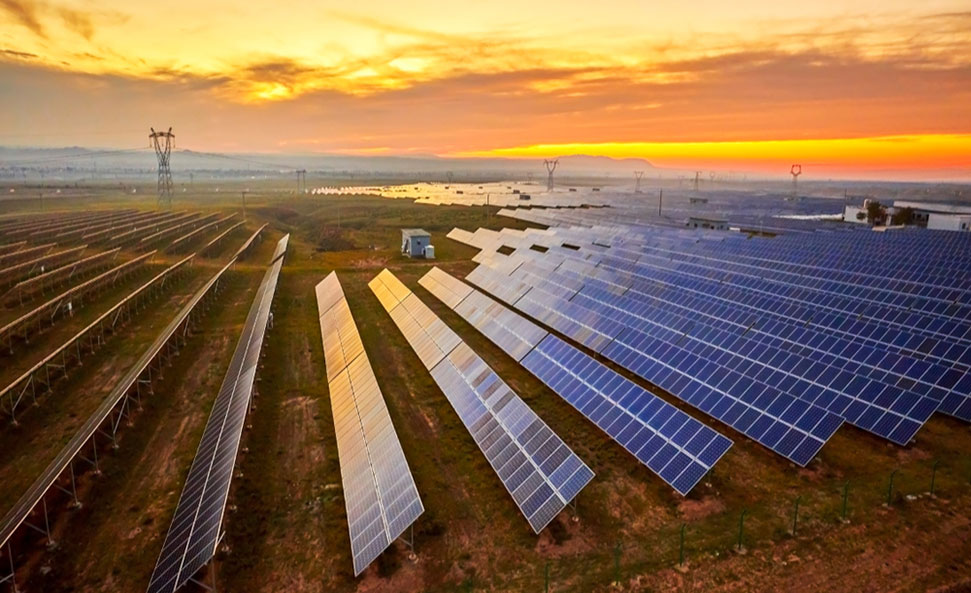
It is possible for homeowners, business owners, industrialists, and other users to significantly reduce or eliminate their power expenses by using a correctly designed solar panel system. For up to 25 years, solar panels may provide you with unlimited free power.
3. Investing in Solar Energy for Maximum Return
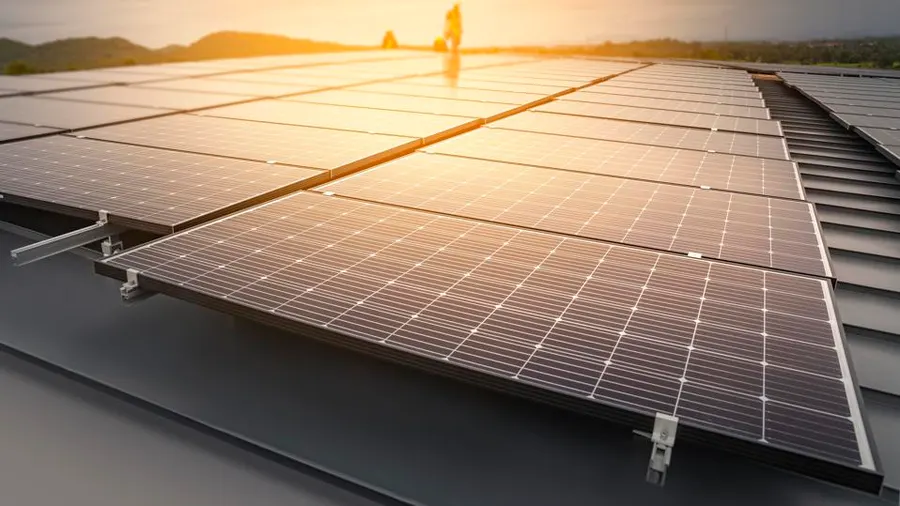
It is important to note that the optimal payback time has become shorter due to falling costs and increasing advantages like net metering and more efficient systems. In other words, you can recoup your investment in solar energy within three to five years of installing it, and the remaining years will be an incredible gold mine.
4. Stabilization of Energy Costs
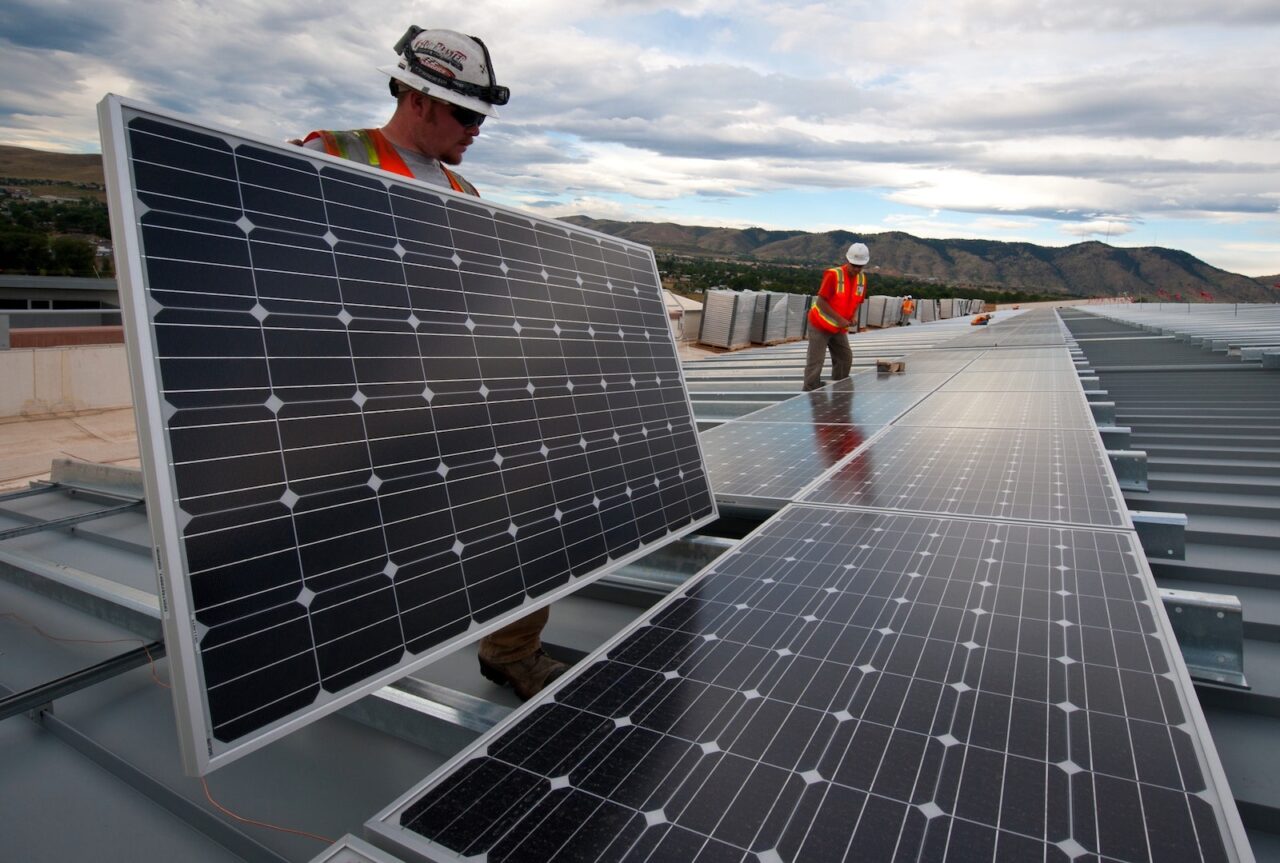
Over the past ten years, electricity prices have increased by over 70% and have been erratic, making it difficult to budget for this line item. It is possible to predict your energy costs accurately for the next 25 years with solar. It is easier to plan when energy prices are predictable.
5. Energy Diversification
Solar power can diversify your energy source and provide multiple benefits. It is possible to reduce your dependence on a single energy source, such as fossil fuels or the conventional power grid, by generating electricity through other means. This improves energy security and reduces the risk of power outages caused by disruptions to the primary energy source.
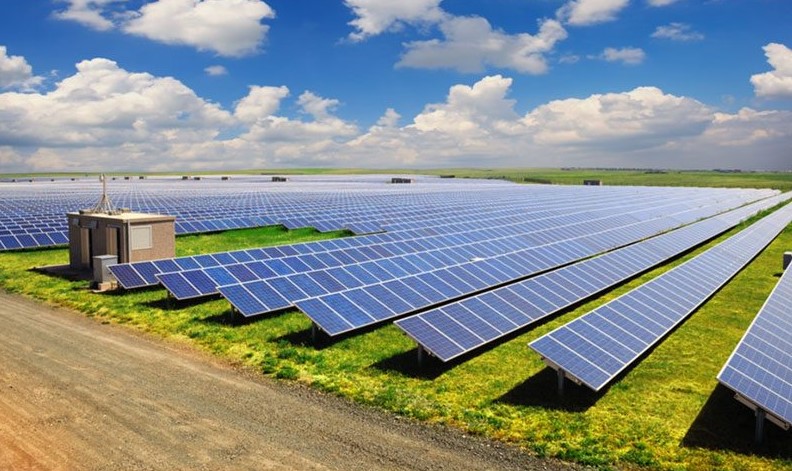
Moreover, solar energy allows you to take advantage of the sun’s natural energy and reduce your carbon footprint. As a result of having solar as one of the energy sources, the energy system will be more resilient and reliable for critical loads.
6. Maintain Energy Security
To address energy security, solar energy can play a significant role. You can reduce dependence on external energy sources such as fossil fuels by generating your power through solar panels. This way, supply disruptions and price fluctuations associated with these resources are prevented.
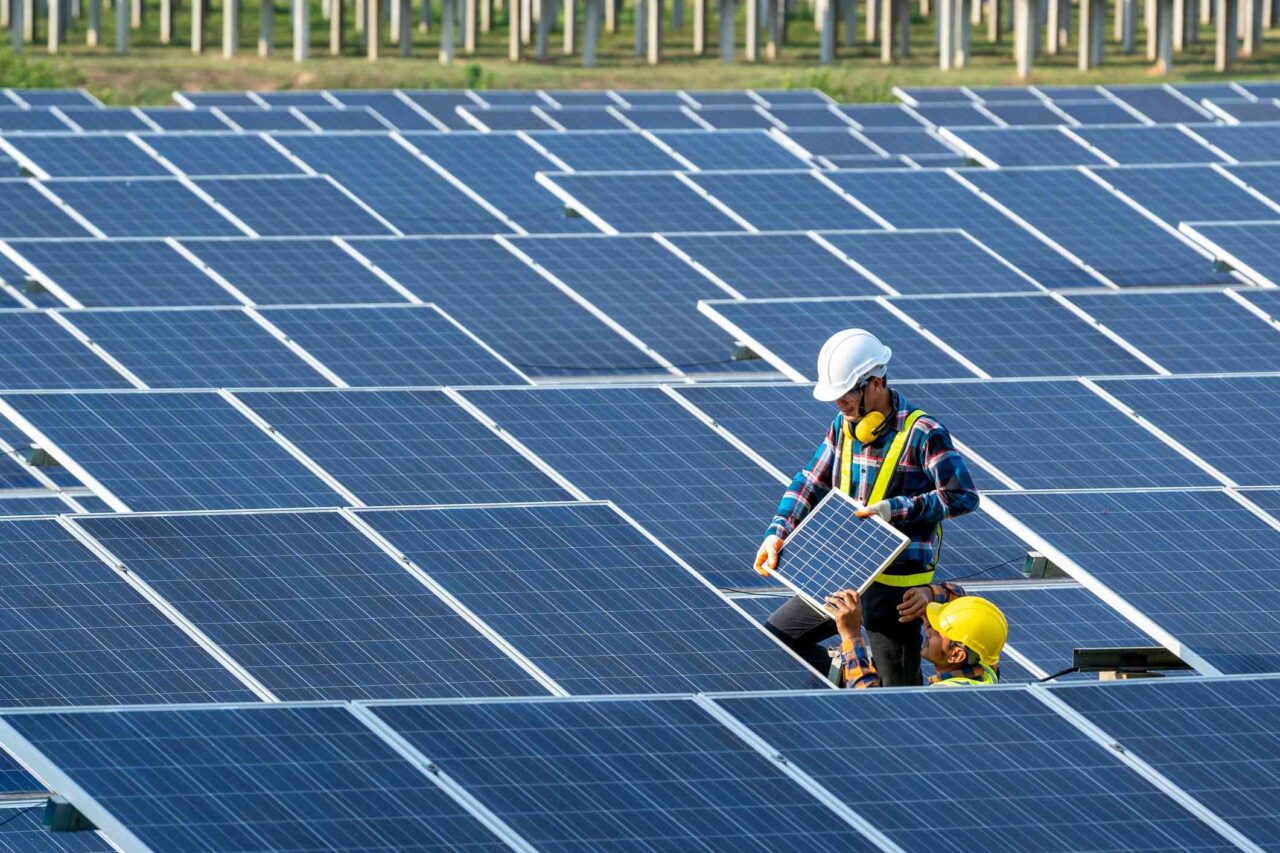
It is also possible to generate solar power locally, which reduces transmission loss at any scale, from small rooftop solar panels to large-scale solar farms. By doing this, a nation can be less vulnerable to interruptions in energy supply and become more independent. A domestic energy source also reduces the dependence on foreign energy sources, which can be more reliable and secure.
7. Maintenance on a Limited Basis
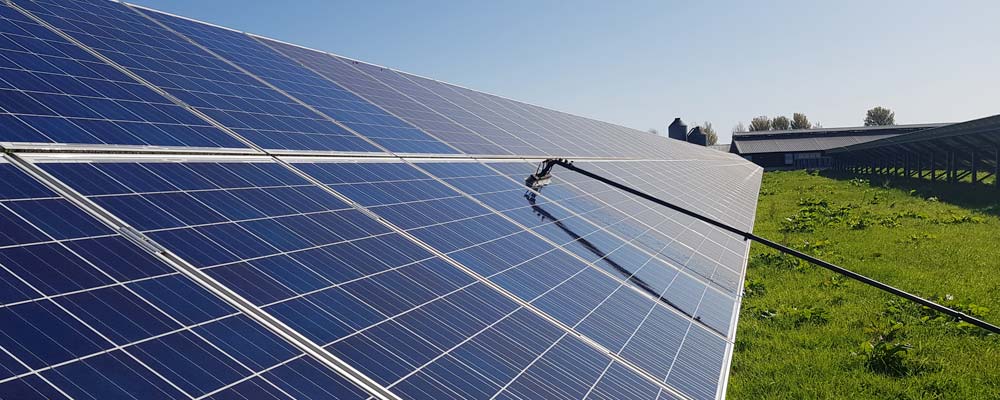
There is hardly any daily maintenance required for a solar array to function at its best. It is sometimes necessary to have a skilled solar developer help with the maintenance of solar PV systems to ensure optimal performance.
8. Solar Power Increases the Value of Your Home
One of the lesser-known benefits of installing solar panels is that they increase the value of your property. It will be helpful if you plan to sell or rent your house. The process of selling and transferring a solar-powered house is becoming easier as residential solar gains traction.
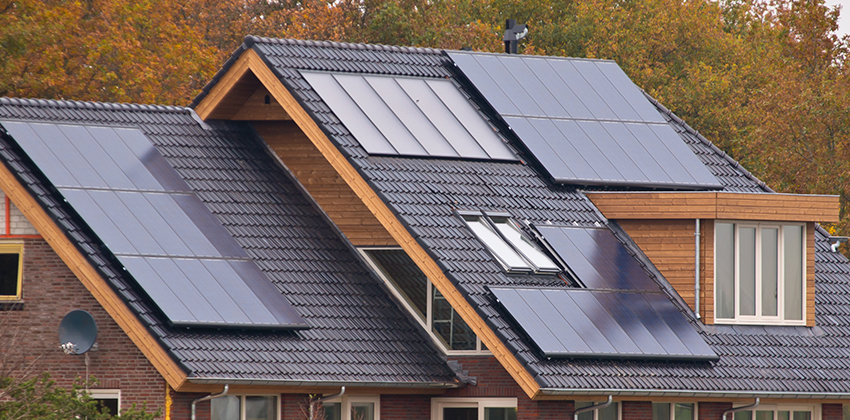
Solar businesses employ specialist teams to handle ownership transfers and service transitions between old and new owners. As the demand for renewable energy solutions for homes increases, having a solar system already installed is advantageous.
9. Remote Areas can Access Solar Energy
In remote areas, photovoltaic solar power is revolutionizing how we think about energy. Due to the need for batteries to store energy, off-grid solar systems are a great solution for places without utilities or infrastructure. Traditional generators must be quieter and polluting for rural areas, islands, and mountain cabins.
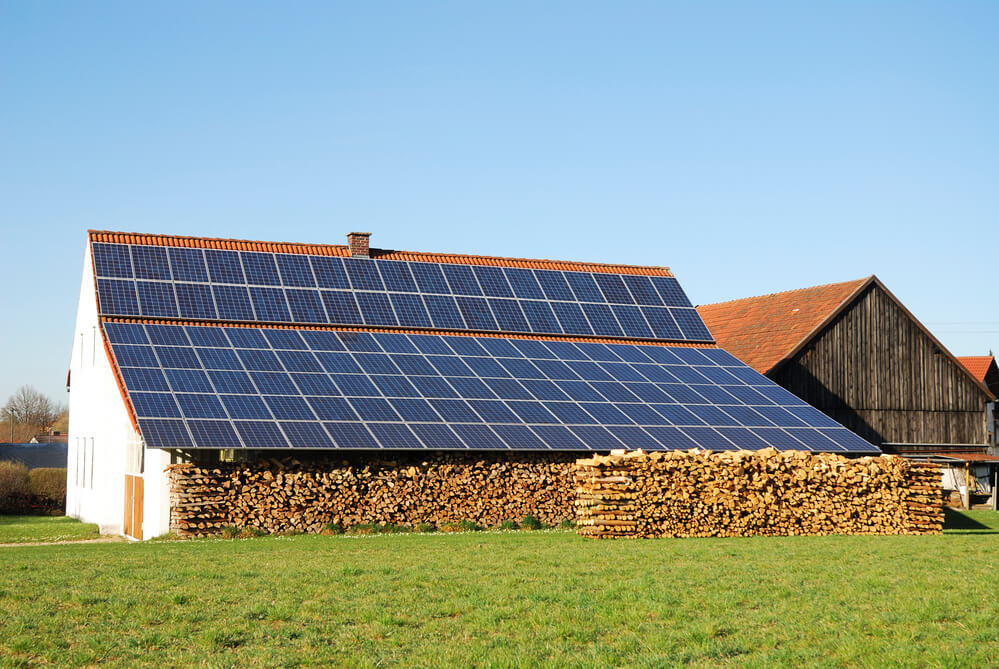
The use of solar power has enabled small electronic devices to be charged even in off-grid conditions, including lights, pumps, and basic appliances. Even hard-to-reach settlements have used solar power as their primary energy source. It was recently reported that solar power provides electricity to a healthcare center in Makata, Malawi, to keep medicines cool and to light emergency scenes.
10. Government Incentives
A government incentive is a financial benefit to encourage homeowners to switch to solar power. Tax credits are one example of such incentives. Tax credits allow homeowners to deduct some of the costs of their solar power systems from their taxes, thereby reducing their overall costs. Homeowners can also receive rebates if they invest in a solar power system, which allows them to receive a direct payment or refund.
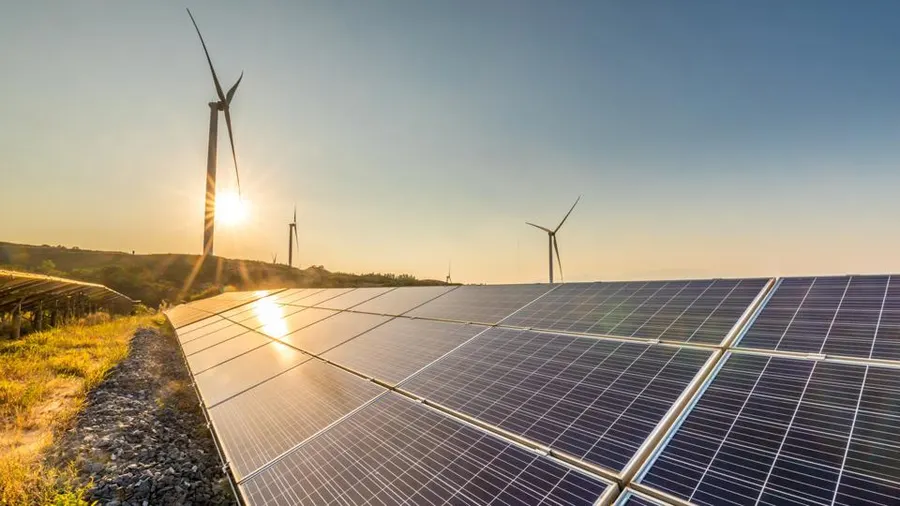
Through these incentives, solar power can become more affordable and accessible, promoting the adoption of clean energy and reducing fossil fuel dependence. These incentives may vary depending on the country, region, and state. Make sure to check the availability and conditions of incentives in your area.
11. The Use of Solar Panels Relaxes the Grid
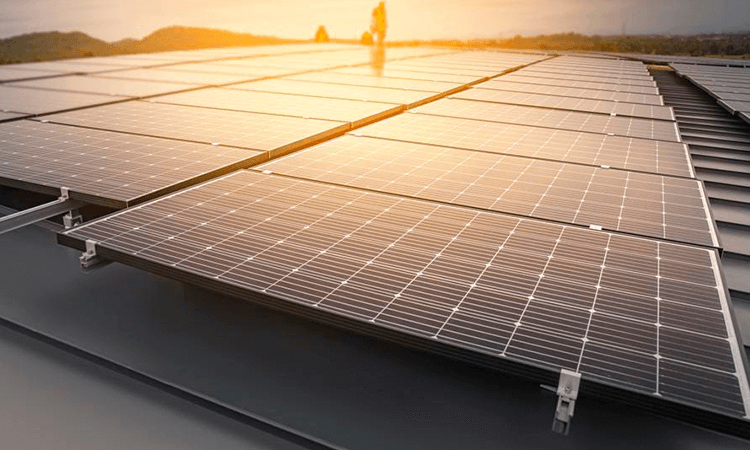
An effective way to manage the national electricity demand is by utilizing solar energy systems. Using solar power reduces the grid’s electricity demand, thus relieving its burden. Additionally, excess electricity from solar power systems in Pakistan is fed back into the grid through net metering, contributing to the nation’s progress as a whole.
12. Solar energy is beneficial to wildlife
The use of solar energy not only reduces greenhouse gas emissions but also promotes biodiversity and reduces pollution. There is evidence that solar farms can provide an environment for native plants, insects, and wildlife.
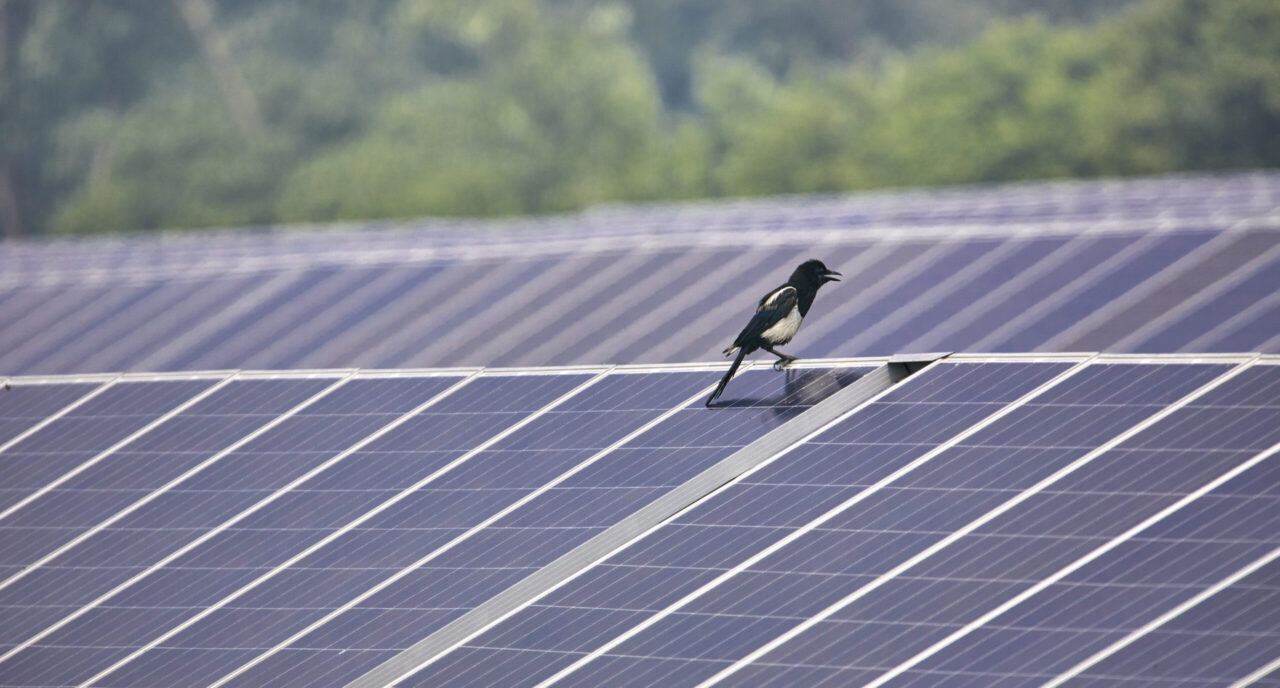
Small farms can also produce sustainable food and generate renewable energy by integrating solar panels. Compared to fossil fuel plants that are large and polluting, solar technology is not only environmentally friendly but also allows for multiple uses of land.
In conclusion,
Right now, there are many compelling reasons to switch to solar power. Solar energy’s cost savings and government incentives, combined with its environmental and energy security advantages, make it an excellent choice for homeowners and businesses. As technology improves and becomes more efficient, the cost of solar power continues to decrease, making it an increasingly viable option for generating electricity.
Moreover, solar energy reduces carbon footprints because it is a clean, renewable energy source. Diversification of energy sources will increase the reliability and resilience of the energy system, making it a wise choice. Overall, investing in solar energy is a great way to reap its benefits.
FAQs
When it comes to installing solar panels, how much does it cost?
Solar panel installation costs vary depending on several factors, such as the size of the system, the type of panels used, and the property’s location. It costs an average of $10,000 to $25000 to install a solar panel system before government incentives and tax breaks. You should talk to a solar professional if you want a detailed quote.
How long do solar panels last?
Typically, solar panels last 20 to 25 years and are built to endure extreme weather conditions. Aside from being built with durable materials that can withstand wear and tear, they will continue to generate electricity for many years after they expire.
How do I maintain my solar panel system?
As solar panels have no moving parts, they require very little maintenance. In many cases, rain can do the job just as well as cleaning solar panels once a year. You will also need to check for physical damage to the panels, such as broken or cracked panels.
Do solar panels require any permits or regulations?
It depends on your location and the size of your solar system; you may need permits and regulations to install solar panels. A solar professional or your local government can provide you with more information on the specific regulations and permits required in your area.

